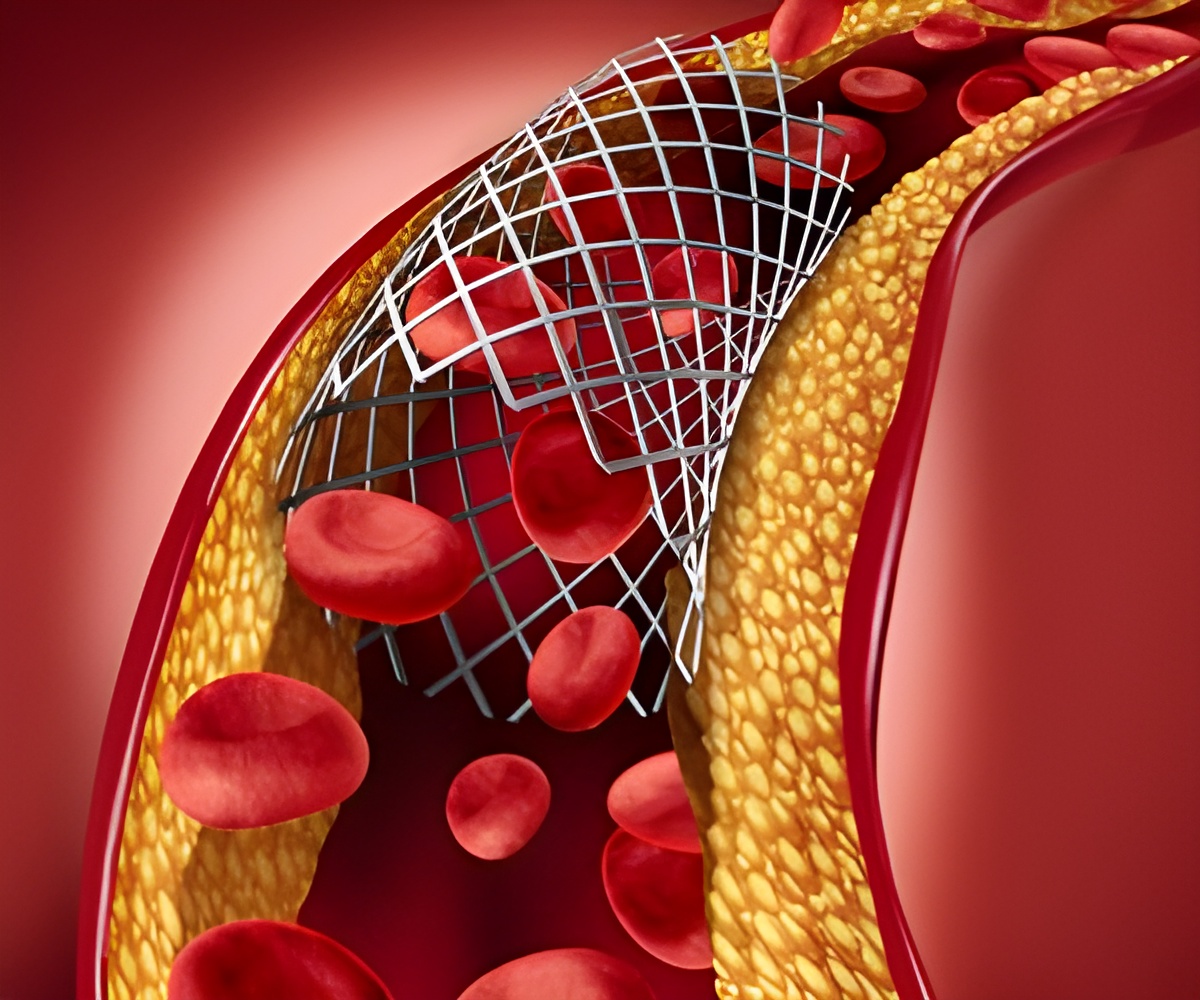Deep vein thrombosis and pulmonary embolism collectively known as venous thromboembolism, can cause death and disability.

‘Taking a tablet a day can help treat cancer patients of potentially deadly venous thromboembolism.’





• Deep vein thrombosis (DVT) and pulmonary embolism (PE) collectively known as venous thromboembolism (VTE), can cause death and disability• Tablet found to reduce recurrence of VTE
Research from the University of Warwick indicates that taking a tablet a day can help treat cancer patients of a potentially deadly condition.
People with cancer have an increased risk of developing blood clots, with roughly one in five experiencing venous thromboembolism (VTE) - either deep vein thrombosis (DVT) or pulmonary embolism (PE). Blood clots in the deep veins of the leg may travel to the lungs causing a pulmonary embolism. These two conditions are referred to as VTE - a dangerous and potentially deadly medical condition of which there are 10 million cases worldwide.
Current international guidelines recommend cancer patients are injected with an anticoagulant (a low molecular weight heparin) to treat and prevent recurrence of VTE. However, new results from a large pilot trial run at the University's Warwick Medical School called 'select-d' suggest that a daily tablet could be a beneficial alternative for treating VTE in selected patients.
Advertisement
Although there are many causes and risk factors for VTE, cancer patients are particularly at risk due to a combination of factors such as immobility (if in bed poorly), pancreatic and gastric tumours, and chemotherapy. Because VTE can be life-threatening, blood thinners are used to shrink existing clots and prevent others from forming.
Advertisement
The results for secondary outcomes were mixed. In patients receiving rivaroxaban, there were around the same percentage of major bleeding events (6%) as those receiving dalteparin (4%) but a marked and significant increase in clinically relevant non-major bleeds (13%) with rivaroxaban compared to those having low molecular weight heparin (4%). The reason for increased bleeding is not known, it may be because rivaroxaban is more 'potent'.
Professor Young added: "We now need to be sitting down with each one of our cancer patients with VTE, discussing their preference alongside looking at all their clinical details including whether the cancer lesion is still there, what other medications are being taken and what other conditions the patient has so that we can choose the optimal VTE treatment for each patient."
Source-Eurekalert















